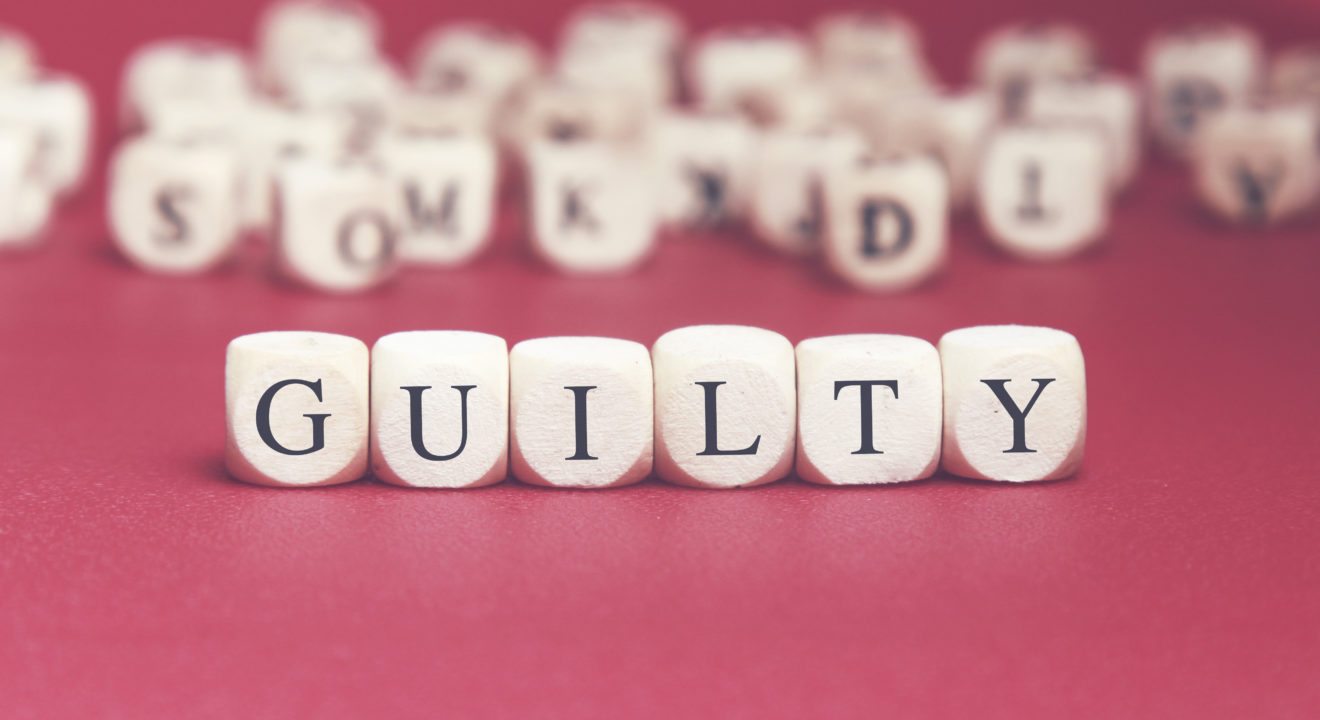Mentorship November 1, 2016


It’s another Friday afternoon at the Johnson household. Laney is mad at you for recording over the final episode of “The Bachelor,” but you think it’s a stupid show and that Laney should have recorded it in her room if it was so darn valuable.
But deep down you feel guilty for recording over the episode, even if it was an accident. You know she records every week; you even heard her babbling about how she’s so excited for the finale. Even knowing this, you just can’t let her win. Showing your weaknesses has never been your strong suit.
You might want to reconsider holding in your admission of guilt. Surprisingly, admitting you’re wrong when you know you are is the exact opposite of being weak. It’s a measure of strength.
Sometimes we find it difficult to own up to being wrong as a way to save face. After all, it’s embarrassing to admit your fault. At the same time, you might find it difficult to admit you’re wrong simply because you don’t want people to think of you differently. You don’t want their image of you to change, especially if you’re a leader.
If you think of the long-term effects of both of your options, you’ll realize that willfully admitting you’re wrong looks a whole lot better than being discovered later as deceitful. People appreciate honesty more than the appearance of never making mistakes. After all, we are all human and mistakes are inevitable. As Elite Daily says, “Strong character and leadership are not defined by being infallible. Rather, we grow as people by accepting our imperfections in order to overcome our fears and insecurities.”
Although we often think that being wrong means being weak, you’ll go a lot further in life and inspire a lot more people by admitting to the truth. If admitting your fault is challenging, remember that it takes a strong person to push through. As the person on the other side of the argument or even a bystander can tell you, witnessing that strength is much more admirable than watching you cover up your mess.
Amy Rees Anderson for Forbes shares a story she witnessed of a man arguing with his daughter. It was a “heated disagreement between the father of the home and his defiant pre-teen daughter. There was no question that the lesson the father was trying to teach the daughter was a correct one, but the manner in which he handled it was not.”
Anderson was shocked when, later, the father apologized to his daughter for handling the situation wrong. She says, “Observing his behavior, my respect for this man grew tremendously. I saw him as a great leader and a person of fortitude that I wanted to be like.”
Ultimately, just because one side of the argument holds more authority than the other doesn’t mean that side earned the quality of never being wrong.
When you set aside our pride and justifications, you’ll find that the respect you earn by admitting your mistakes is worth far more to all involved. It takes a person of integrity to take a step back and confess that his or her viewpoint was wrong. We’ve all got a lot to learn – it’s okay to admit that you are human.